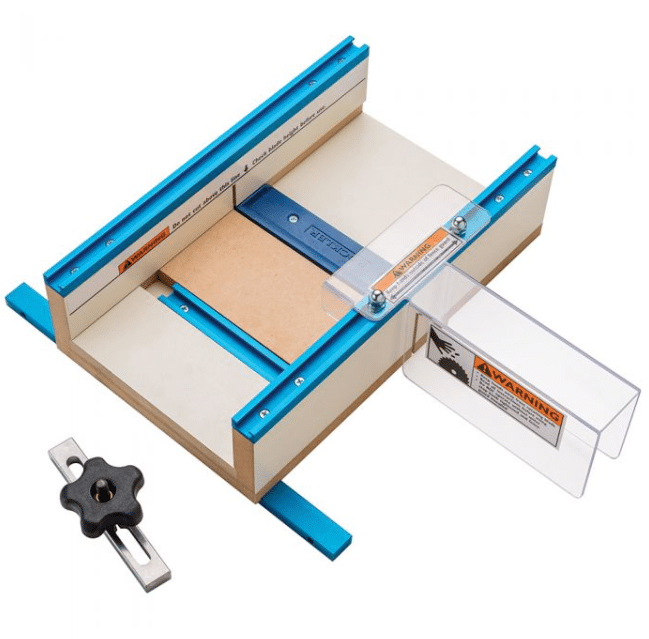Curious about the importance of supply chain management in the construction industry?
Construction firms are struggling with various supply chain challenges. Supply chain disruption is one of the biggest reasons behind construction project delays.
Beyond ensuring the timely delivery of projects, what makes the supply chain in construction vital? Read on to learn the dynamic partnership between the construction industry and the supply chain.
What Is Supply Chain In Construction?
A new building goes through a series of complex processes before it can stand. It goes through stages of designing and approvals before construction can begin. Hiring the right people like architects, engineers, contractors, and material suppliers is also crucial.
Making all of these elements work lies in having solid supply chain management (SCM). The supply chain determines the hierarchy and sequence of products, services, and materials. It creates a structure for the collaboration of all parties to complete the project in time.
SCM Yields Better Flow Of Information
One of the most primary benefits of supply chain management in construction is improving the flow of information. SMC defines the role of all parties. It tells them what they need to do and when to deliver their tasks.
Sometimes, inconsistency disrupts the flow of information. In turn, it leads to problems in the project’s design. SMC will determine where everyone is in the flow of the project. It’ll prompt all stakeholders to communicate with each other.
With SCM in place, everyone will be free to share their ideas. They can also recommend possible solutions whenever problems arise.
Keeps Common Problems At Bay
Though problems arise in any construction project, you can avoid the most common ones through SCM. Some of these problems stem from the lack of commitment of suppliers. Poor training on the effective use of supplies can lead to problems in quality.
On a much bigger scale, poor planning and design due to inconsistencies in information affect the whole project. The problems can start minor, leading you to brush them off. Eventually, these problems become more severe, affecting the project’s timeline.
Promotes Efficient Use Of Supplies
One of the most crucial roles of supply chain management in construction is promoting the efficient use of supplies. As prices of construction materials go up, one mistake can be costly. Contractors cannot afford to waste supplies at any stage of the construction.
SCM helps lower the wastage rate, allowing builders to provide more value. Through SCM, contractors will plan, ensuring proper inventory management from the first day onwards.
Strengthens Quality Control
SCM boosts quality control in the materials used for the construction. Some contractors save money by finding suppliers with cheaper supplies. Sometimes, it falls short in the quality department.
Some of these materials start to fail even before the end of the construction. In turn, the clients need to shell out more money for the replacements.
With a strong SCM in place, project owners can pick suppliers that meet their standards.
Improves Communication And Vendor Relationships
SCM improves communication that leads to better cooperation. Every person needs to be on the same page throughout the construction process. All parties should be accountable for their duties, and everyone needs to maintain a constant communication level.
The project lead can use technology with SCM, keeping communication lines open. Some management tools let everyone communicate regardless of their location. In turn, you get to save more time and resources while maintaining productivity.
These tools give access to reports, forecasts, and current project status. You can also find tools that create a digital bathroom estimate template for your clients. SCM also promotes better vendor relationships. It helps ensure the swift delivery of materials in case of a shortage.
You also get the same supply quality within the timeline and budget you initially agreed to.
Better Data Management
Supply chain management ensures the availability of data. It allows the creation of centralized data for stakeholders. It also promotes data analytics to identify areas of inefficiency faster.
Helps Reduce Waste
A construction project can create a lot of waste because of redundant processes. Contractors and engineers won’t use similar methods leading to wastage through SCM.
With everyone becoming aware of their deliverables, they can implement unique processes to streamline the project’s flow.
Efficient Conflict Resolution And Risk Mitigation
Some construction projects face delays due to uncontrollable reasons. One of your suppliers may have financial issues that force them to close shop. Sometimes, a contractor decides to back out of the project.
Through SCM, you can respond to these problems quickly. You can inform everyone about the issue and come up with a resolution.
SCM also helps you mitigate risks by becoming more proactive. It gives you a better view of the bigger picture to identify possible risk areas. In turn, you can develop backup plans to reduce risk impact.
Choosing A Supply Chain Management System
A dependable SCM system contributes to a successful supply chain in construction industry. How do you pick the right one for your project? Firstly, determine your specific construction needs.
Most SCM systems cover the essentials like transportation, financials, and inventory. The problem lies in the features they offer. Check them to see if you don’t need some for your project.
Consider the system’s flexibility and functionality. Is it adaptable to growth? Will stakeholders find the SCM system easy to use?
Find a system working specifically for the construction industry. Lastly, pick a reliable vendor for SCM systems. A good vendor should have experience dealing with supply chain issues.
Learn More About Construction And Home Improvement Today
Knowing how the supply chain in construction works allows you to revisit your plans and integrate a reliable SCM system. However, understanding the relationship between construction and supply chain is only one of the many things to learn.
Pick a vendor with years of industry experience, a solid track record, and a good reputation.
Did you find this guide helpful? If so, read our different articles for more informative topics.




